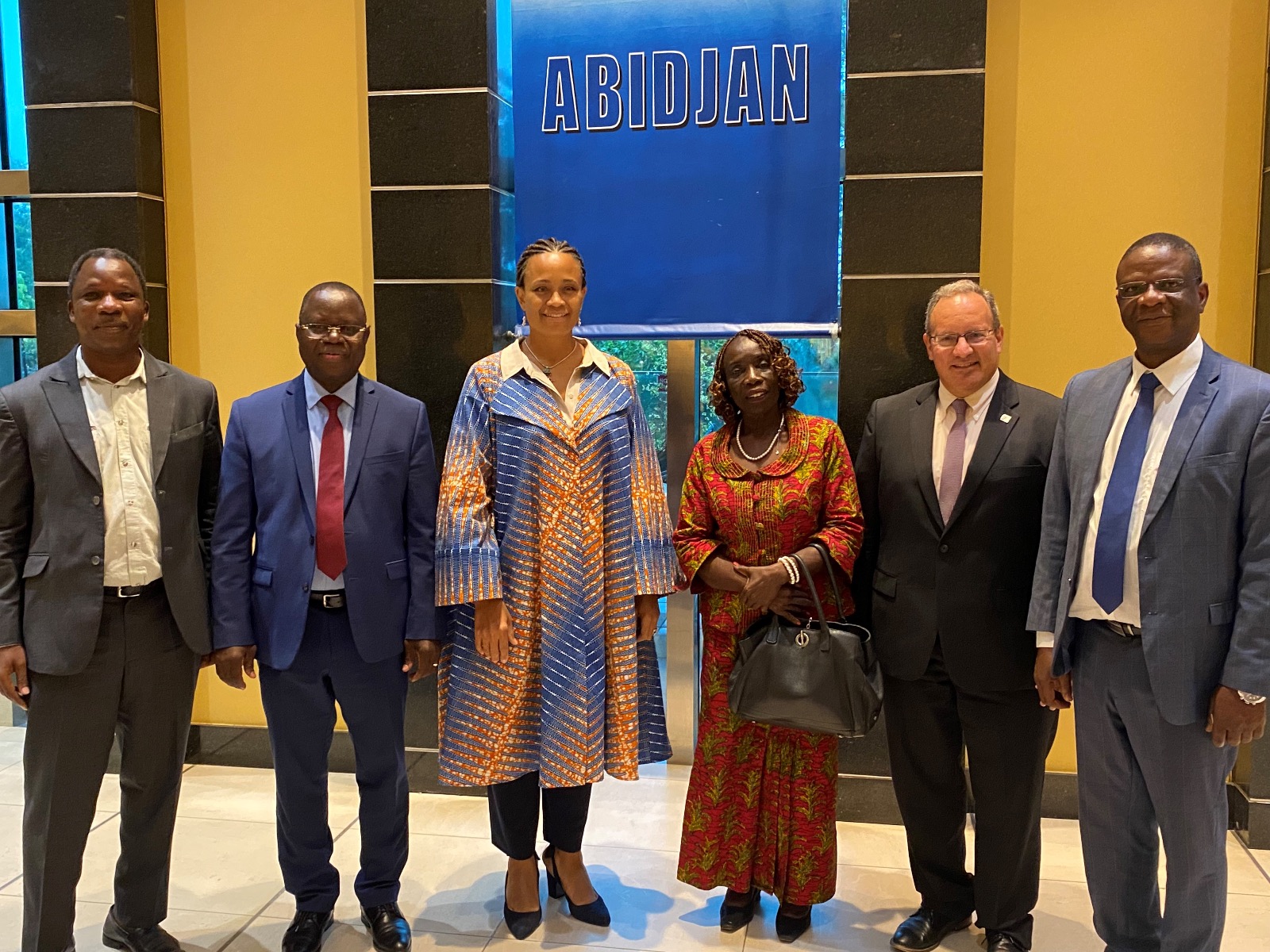Banner news & pages internes


The West African Power Pool (WAPP) and the Millennium Challenge Corporation (MCC) are working closely together to develop a Regional Energy Compact with Côte d'Ivoire. This collaboration aims to strengthen the region's energy sectors and promote more efficient use of available energy resources. Several key activities have been identified as part of this partnership, offering promising opportunities for both WAPP and Côte d'Ivoire.
Firstly, it should be emphasized that WAPP and the WAPP Information and Coordination Centre (CIC) remain a coherent entity, despite ongoing discussions concerning the CIC's independence. A study is currently underway and should be finalized by the end of the year to determine the independent status of the WAPP CIC. This clarification is essential to ensure smooth coordination and collaboration between WAPP and MCC in the implementation of energy-related activities.
Energy pricing is also a sensitive issue within WAPP, particularly for members at different ends of the network. As part of the preparations for the implementation of the second phase of the market, a World Bank-funded energy transmission pricing assessment study will soon be launched. This study aims to examine current pricing mechanisms and propose improvements to ensure a fair distribution of costs and benefits among WAPP members.
Secondly, the MCC will support the production of energy from biomass, focusing in particular on the use of cocoa waste. This initiative will not only diversify energy sources, but will also contribute to the management of agricultural waste, offering both environmental and economic benefits.
Finally, MCC will invest in the equipment needed to stabilize the power grid in Côte d'Ivoire and make it more reliable. This will help to reduce power outages and guarantee a continuous power supply, thus promoting the country's economic and social development.
As far as financing is concerned, it should be noted that the funds available for feasibility studies are limited, particularly after the completion of the current study and the closure of the MCC Compact in Burkina Faso. However, given WAPP's constantly evolving needs, a request for greater flexibility on the part of MCC in defining activities and managing budget lines for the Compact under development has been noted. This request will be brought to the attention of the hierarchy to explore possible adaptations.
In addition, the MCC expresses the wish to finance the creation of a backup center for the CIC. Given that MCC is limited in its capacity to build only in Côte d'Ivoire, it is conceivable that this backup could be established in the country. It is highly likely that Côte d'Ivoire will welcome this initiative, given that it had already expressed an interest in hosting the Market Management Center, even though this idea was not accepted at the time.
In conclusion, the collaboration between WAPP and MCC within the framework of the Regional Energy Compact with Côte d'Ivoire will open up new prospects for the development of the energy sector in the region. The proposed activities, such as grid upgrades, biomass power generation and improved grid stability, will help to strengthen energy supply and foster Côte d'Ivoire's economic and social development. However, challenges remain, particularly with regard to energy pricing and the flexibility of the Compact's activities, which will require particular attention from the stakeholders to ensure this promising collaboration.
Following these exchanges, WAPP was received by the American ambassador, with whom they discussed the development of ongoing infrastructure projects and the implementation of the regional market. The ambassador welcomed any support aimed at promoting energy exchanges.